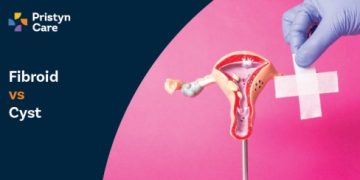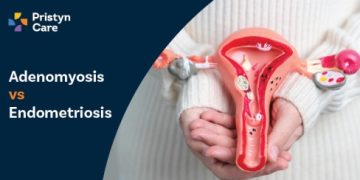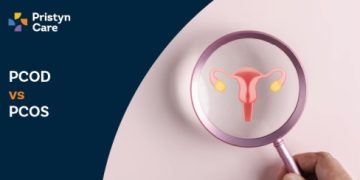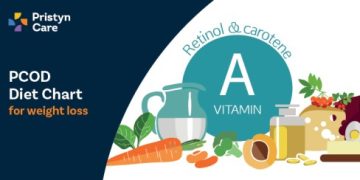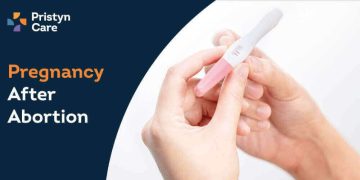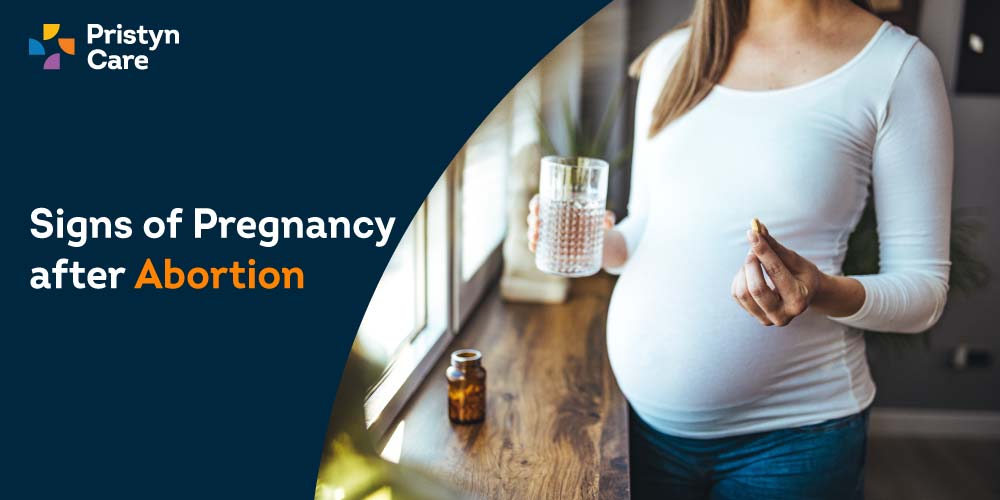Are you struggling with the decision to undergo surgery for a Bartholin cyst? These cysts, located at the entrance Read More...
Dermoid Cyst vs Epidermoid Cyst
18 days agoUnderstanding the differences between dermoid and epidermoid cysts is crucial in clinical practice due to their dis Read More...
Fibroid Vs Cyst
18 days agoExperiencing unusual abdominal discomfort or bloating can be worrying. When a doctor mentions terms like 'fibroids' Read More...
Gynaecology
Adenomyosis Vs Endometriosis
Persistent pelvic pain can be a frustrating and puzzling experience for many women. This discomfort often points to Read More...
C Section Vs Normal Delivery
18 days agoChoosing between a Caesarean section (C-section) and a normal delivery can be difficult for many expectant mothers. Read More...
PCOD Vs PCOS
18 days agoDo you have irregular periods, weight gain, or skin problems? You might be dealing with PCOD or PCOS, two condition Read More...
PCOD Diet Chart for Weight Loss
18 days agoPolycystic Ovary Disease (PCOD), a complex hormonal disorder impacting women of reproductive age, is becoming incre Read More...
How To Prepare For Pregnancy
18 days agoEmbracing parenthood is a life-changing experience that brings immense joy and fulfillment. However, preparing for Read More...
When Does Ectopic Pregnancy Pain Start
18 days agoIntroduction
An ectopic pregnancy is a serious medical condition that every woman should be aware of. In simple te Read More...
Pregnancy after Abortion
18 days agoPregnancy after abortion is typically safe and doesn't majorly affect fertility. Ovulation could potentially begin Read More...
How To Use MTP Kit
18 days agoIntroduction
An MTP or Medical Termination of Pregnancy kit is a significant tool in women's healthcare. It is a s Read More...
How Soon After an Abortion Can You Get Pregnant
18 days agoIt's normal to wonder when you can start trying to get pregnant again after having an abortion. Some women may want Read More...



